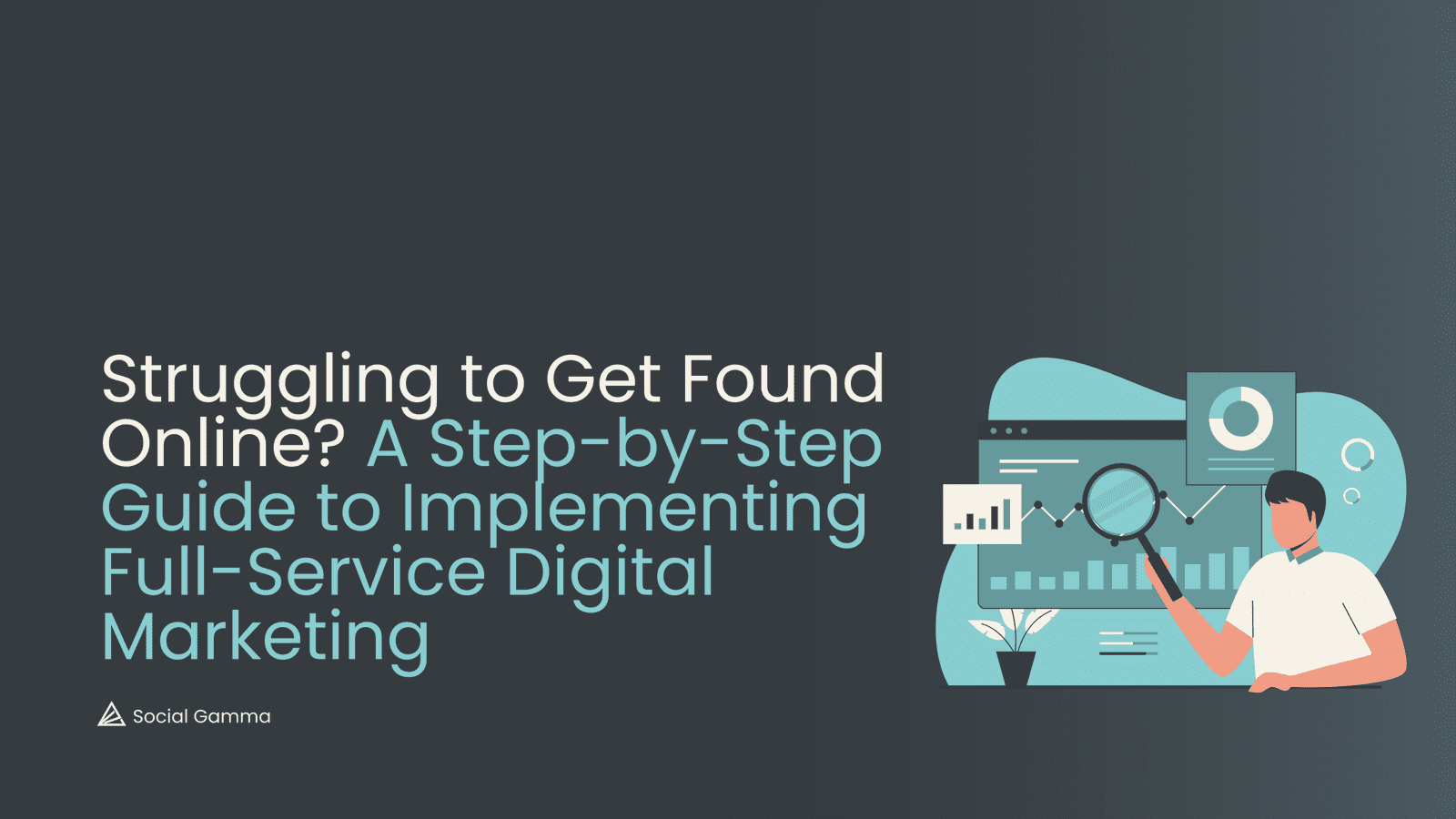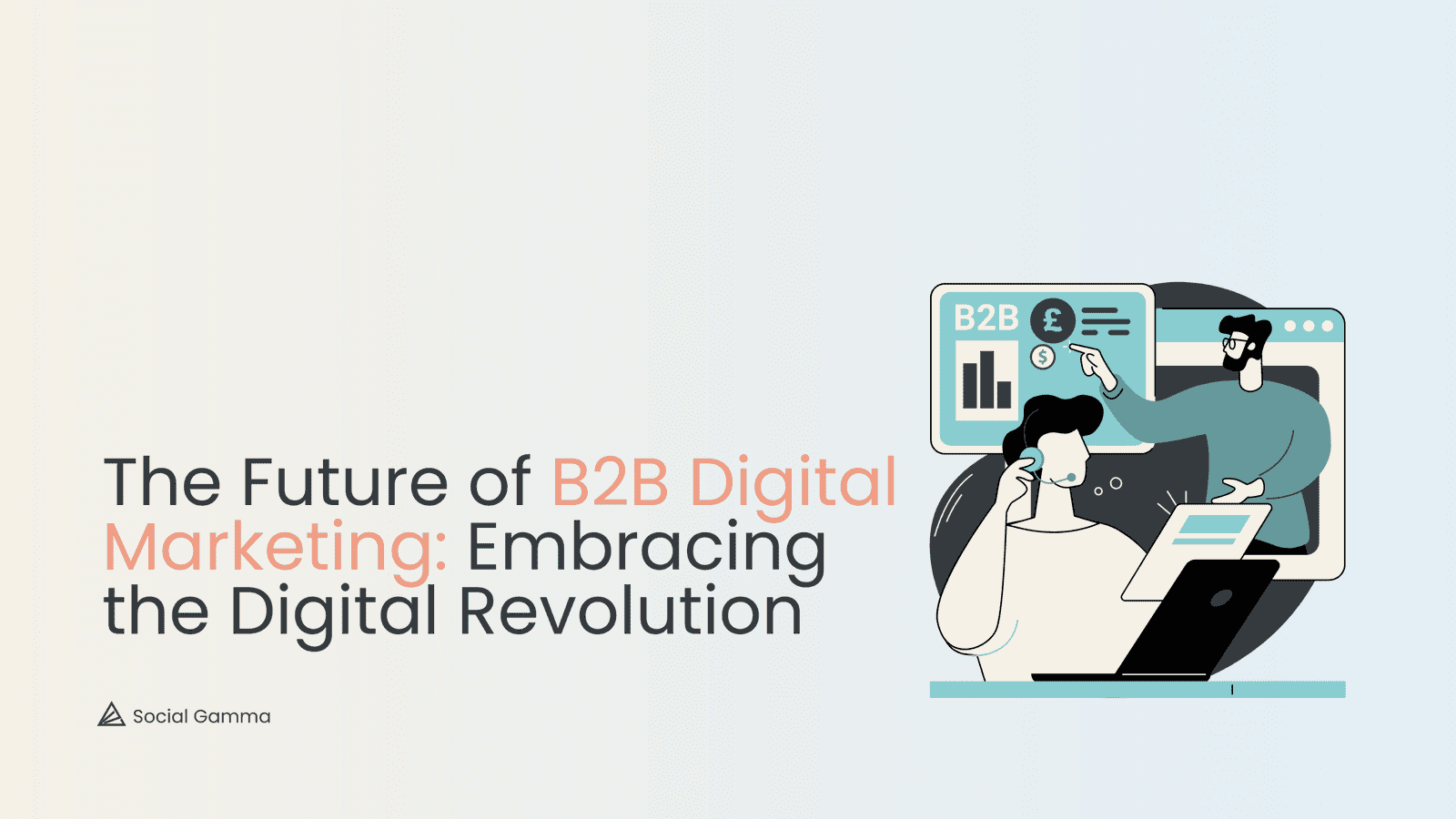Privacy has become an increasing concern online, which has significant implications for digital marketers. This is because Google has said it will remove cookies from chrome in the coming years, as part of a trend away from third-party data, meaning marketers will have to find new ways of reaching their key audiences.
Contents
Ethical data use in marketing
It’s now becoming important to show that data is being used responsibly and ethically within marketing teams and agencies, to show you understand public concerns and mitigate against potential risks to reputation. This is because teams or agencies who engage in practices the public feel are excessive or intrusive, could make themselves vulnerable to accusations which limit future growth, because other companies and organisations want to distance themselves from those activities. That’s why as concerns around data privacy intensify, it will be increasingly necessary to demonstrate to customers why their data is needed and how it will be used in marketing activities, to reassure them that questionable practices are not being engaged in.
The answer to this question is simple, yet powerful. Transparency. By being transparent about data collection and use, marketing teams can turn a challenge into an opportunity. Rather than being seen as a company that begrudgingly takes less data over time, a business could position itself to be an active ethical data user, creating a unique selling point. By doing so, a company could differentiate itself from its competitors, giving it a market advantage whilst building long-lasting relationships of trust with its customers or clients.
What data to use instead
If third-party data being phased out is an increasing trend which will persist into the coming years, it begs the question of what information will be used instead to gain customer and audience insights. The answer is first-party data and zero-party data. This is because both kinds of data can be claimed to be ethically gathered from the public space as is the case with zero-party data, or voluntarily in the case of first-party data. By using data sourced in these two ways, customers and audiences can have fears or anxieties that a particular company would misuse their data settled. By doing so, a reputation of ethical practice can be established, creating an opportunity to translate positive sentiment into brand loyalty, increasing loyalty displaying behaviours, such as resistance to product switching and increasing product or service repurchase rates.
The reason why this distinction is important is that the information given with consent on a voluntary basis is more ethical than data harvested from online activities, where the data collection isn’t explicitly opted-in to by the person whose data is being collected.
Practical as well as ethical
As outlined the use of zero and first-party data is ethical, but it is also practical. This is because by having data which is given voluntarily or is publicly available, a better understanding of a customer may be developed. This could especially be the case with first-party data, as it could collect specific information which could enhance the personalisation of the online experience for each user on owned websites, or data could be gathered which enables an enhanced in-store experience. By doing so, companies could make the experience of each customer unique to them, making them feel more comfortable and understood by a business, increasing their emotional bond and long-term commitment to their products or services.
Do you want to know more?
If you found this article interesting and useful, follow us on our social media channels to stay up to date with our weekly digital marketing insights.
If you would like to learn more about our services or contact us, please use the relevant tabs on our website http://socialgamma.com/.
To find us on social media:
Follow us on LinkedIn: https://www.linkedin.com/company/socialgamma/
Follow us on Instagram: @social.gamma
Follow us on Twitter: @social_gamma
Like us on Facebook: @socialgamma

